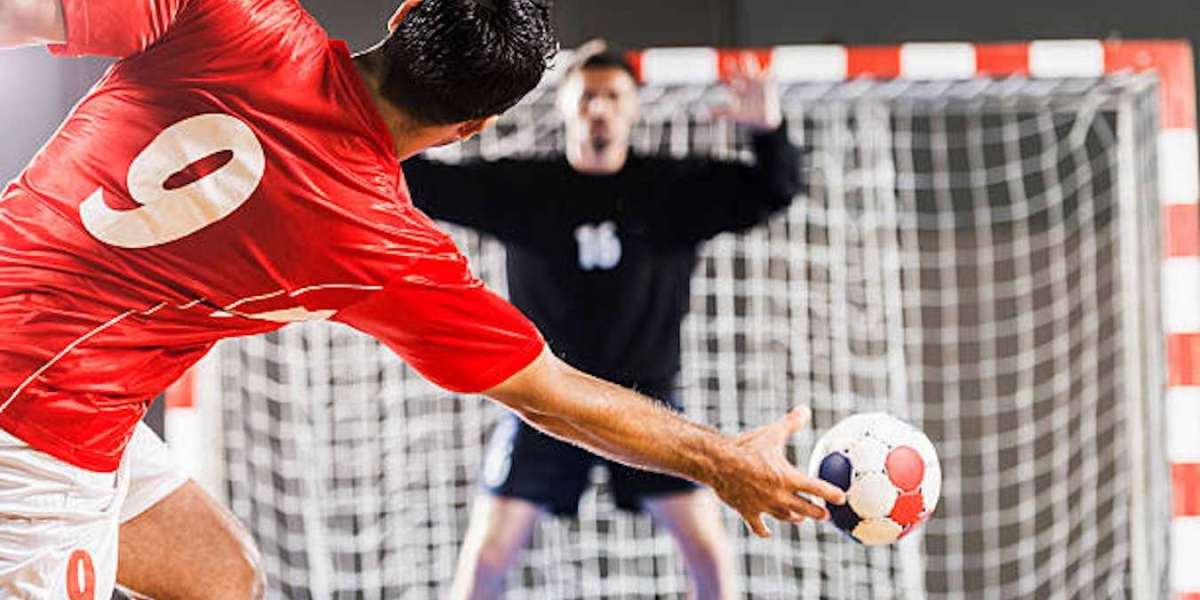Handball, also known as team handball or Olympic handball, is a dynamic team sport that combines elements of basketball, soccer, and netball. Played indoors by two teams of seven players each, handball is a high-scoring game that demands speed, strength, coordination, and tactical awareness. Though not as globally recognized as football (soccer), handballenjoys immense popularity in Europe and is steadily growing in other parts of the world.
History and Origins
Handball has roots that trace back to ancient civilizations, but the modern version of the sport originated in northern Europe in the late 19th and early 20th centuries. Denmark, Germany, and Sweden played pivotal roles in developing the game's early rules. The first written set of rules was published by Danish gym teacher Holger Nielsen in 1898.
The sport was introduced to the Olympic Games in 1936 (outdoor format), but the modern indoor version was included permanently starting with the 1972 Munich Olympics for men and 1976 for women.
The Basics of the Game
Handball is played on a 40x20 meter indoor court with a goal at each end. The main objective is to score by throwing the ball into the opposing team's goal. A standard match consists of two 30-minute halves with a 10-15 minute halftime break.
Team Composition:
6 outfield players
1 goalkeeper
Substitutions are unlimited and can be made at any time
Key Rules:
Players can take up to three steps while holding the ball.
After three steps, the player must dribble, pass, or shoot.
Physical contact is allowed, but fouls are given for excessive force.
Defenders aim to block or intercept without committing penalties.
Scoring:
Each goal counts as one point.
Games often result in high scores, sometimes exceeding 30 goals per team.
Global Competitions
Handball enjoys a loyal following, especially in countries like France, Germany, Denmark, Spain, Norway, and Sweden. The International Handball Federation (IHF) governs the sport globally and organizes prestigious eventssuch as:
IHF World Championships (men and women)
European Handball Championship
Olympic Handball Tournament
EHF Champions League (club level)
European nations have dominated international competitions, but countries from Africa (e.g., Egypt, Tunisia), Asia, and South America are becoming increasingly competitive.
Why Handball is Gaining Popularity
Handball’s pace, physicality, and skill make it thrilling to watch and play. It's a sport that demands endurance, teamwork, and sharp reflexes. Its relatively simple rules and accessibility make it suitable for players of all ages.
In schools, sports clubs, and professional leagues, handball is being promoted as a great way to develop athleticism and social skills. With increasing visibility through international broadcasts and youth development programs, handball is expected to expand beyond its traditional strongholds.
In Summary:
Handball is more than just a niche European sport nouvelles—it's a fast, exciting, and strategic game with global potential. As it continues to evolve and attract new fans and players, handball is well on its way to becoming a truly worldwide phenomenon.



